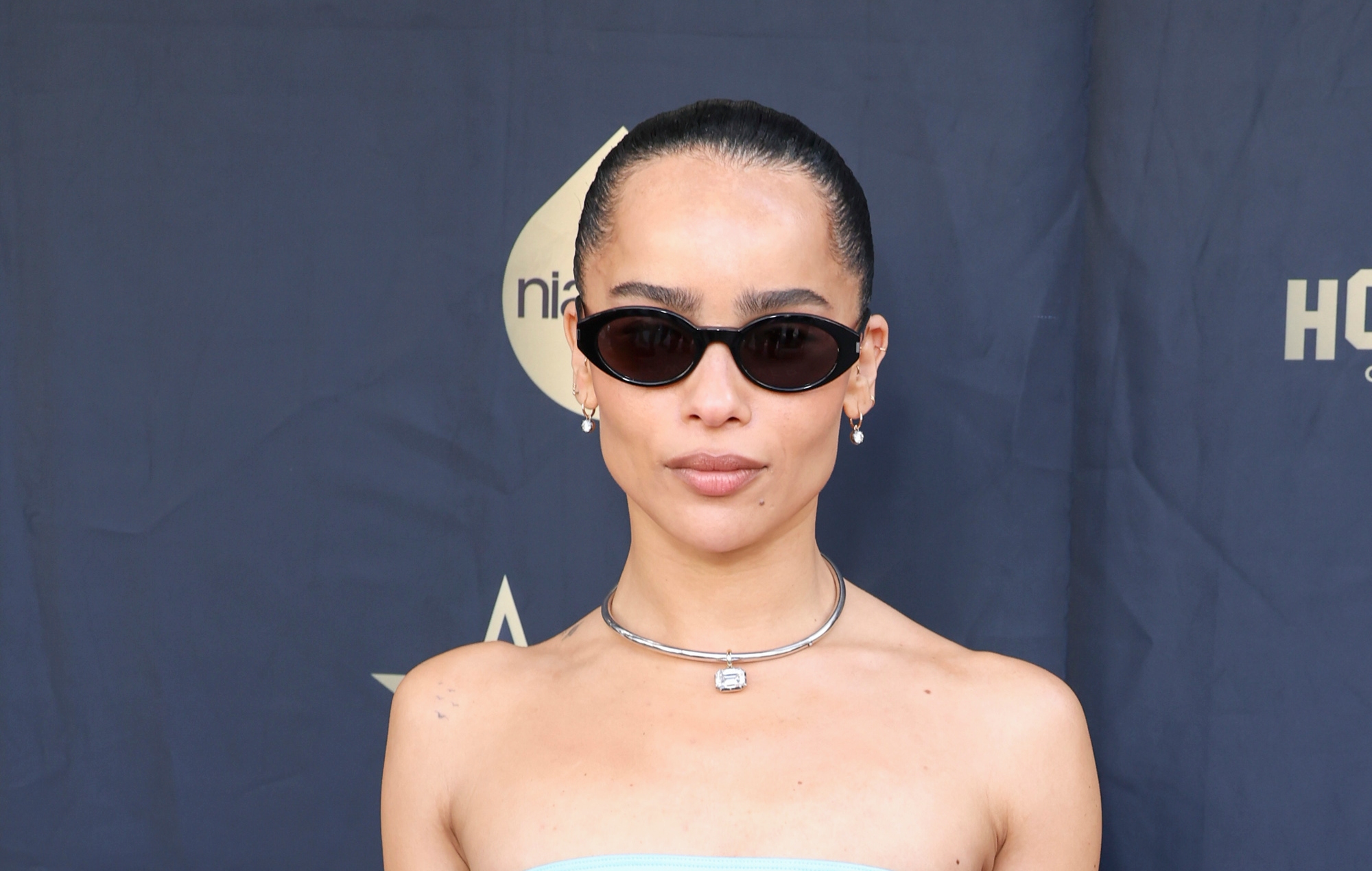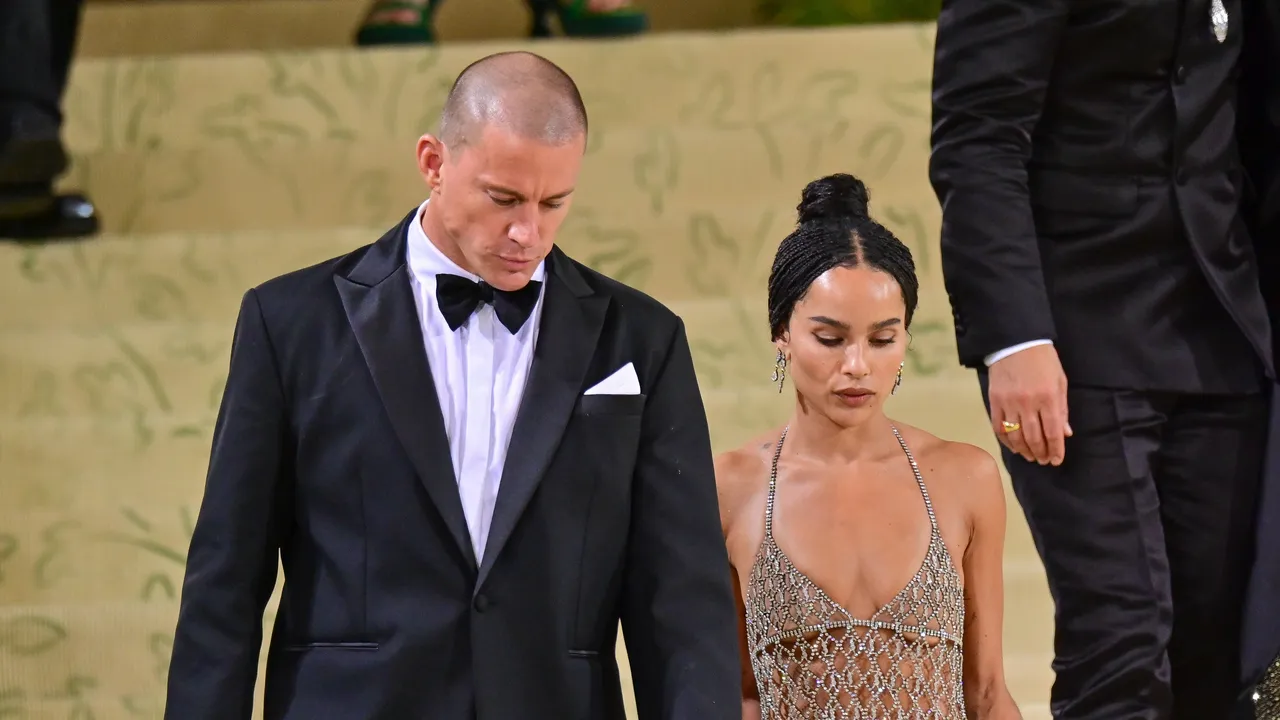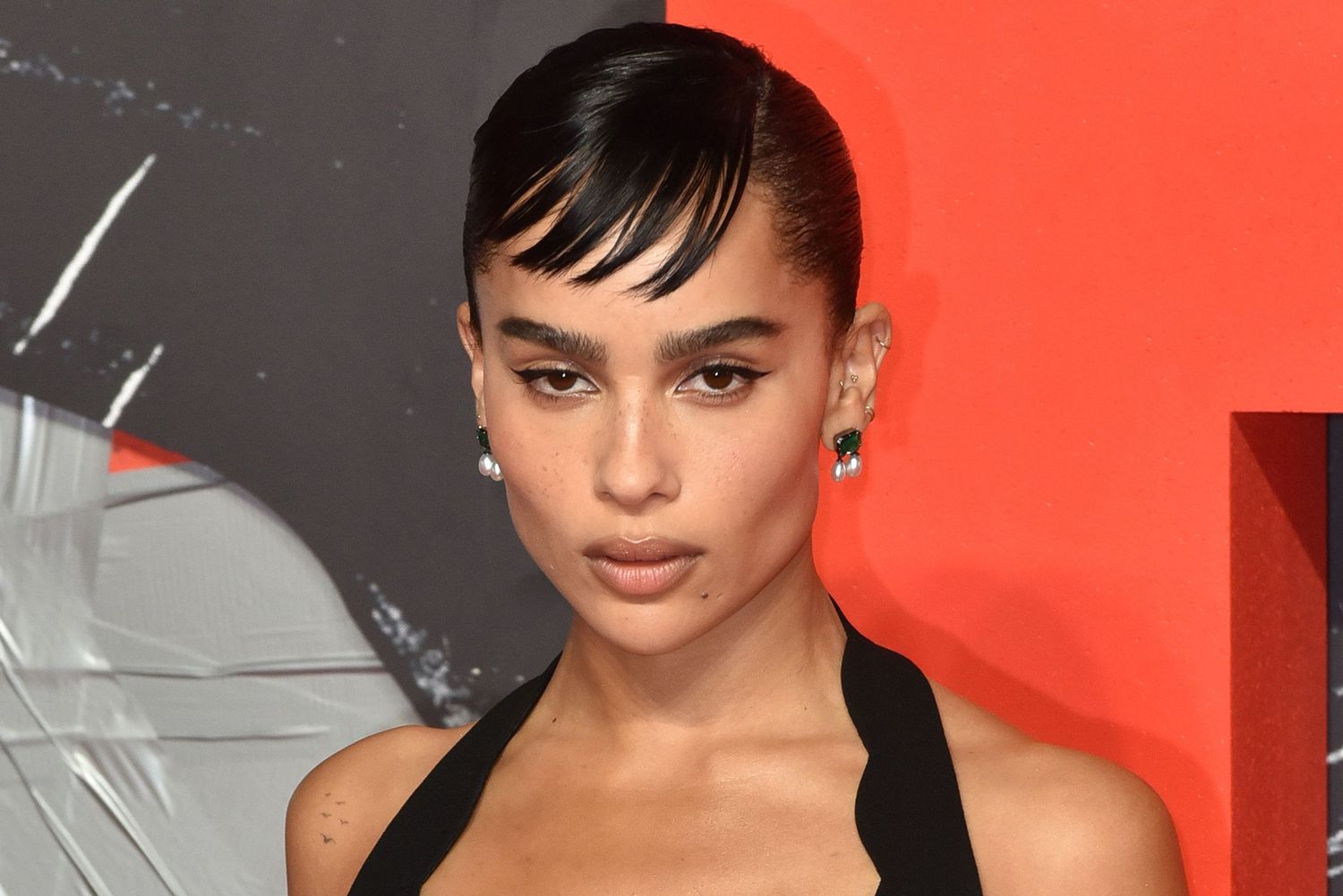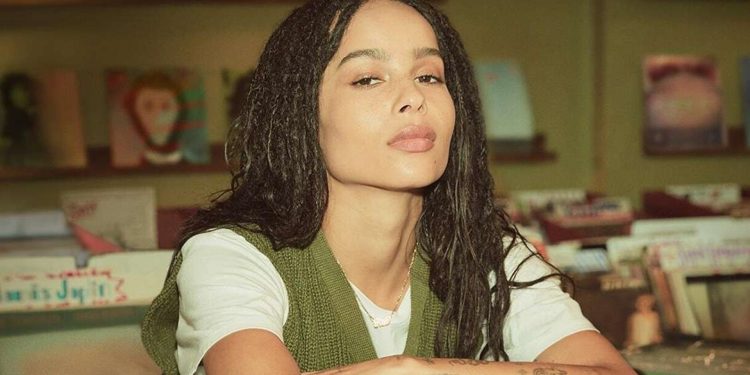When it comes to Hollywood, where the line between art and artist is often blurred, Zoë Kravitz isn’t afraid to speak her mind—even when it means defending controversial figures like Roman Polanski. In a recent Esquire interview, the actress and burgeoning director addressed one of the most polarizing questions in entertainment: Can you truly separate the art from the artist? And more importantly, should you?

Zoë Kravitz’s Controversial Stance: Art Over Morality?
In the wake of her directorial debut, Blink Twice, Zoë Kravitz has sparked discussions not only for her work behind the camera but also for her opinions on some of Hollywood’s most controversial figures. During her Esquire profile, Kravitz didn’t shy away from addressing her admiration for the work of Roman Polanski, a director whose legacy is as much about his cinematic achievements as it is about his criminal past.
Kravitz, 35, acknowledged the controversy surrounding Polanski, stating:
“It’s OK that somebody bad was involved in something good. What are we supposed to do, get rid of America?”
Her comment underscores a broader debate in the industry: Can we, or should we, separate the art from the artist, especially when that artist has committed morally reprehensible acts?
Polanski’s films, from Rosemary’s Baby to The Pianist, are undeniably influential. Yet, the man behind these masterpieces has been a fugitive from U.S. justice since 1978 after being charged with drugging and raping a 13-year-old girl. Despite his legal troubles and further allegations of sexual misconduct from other women, Polanski’s work continues to be celebrated in some circles—Zoë Kravitz’s included.
The Age-Old Debate: Can We Separate the Art from the Artist?
Zoë Kravitz’s viewpoint is not without its critics. In an era where “cancel culture” is prevalent, her decision to publicly appreciate Polanski’s work while acknowledging his crimes raises questions about where society draws the line. Her stance, however, is rooted in a belief that art should be evaluated independently of its creator’s personal failings. The actress’s comment: “What are we supposed to do, get rid of America?”
resonates deeply in the current cultural climate. It’s a provocative analogy suggesting that just as we don’t erase history’s complexities, we shouldn’t dismiss the art created by flawed individuals.

Kravitz isn’t alone in this line of thinking. The debate over separating art from the artist isn’t new, and it isn’t limited to Polanski. From Michael Jackson to Woody Allen, many artists with troubling pasts continue to have their work scrutinized and, in some cases, celebrated.
Blink Twice: Zoë Kravitz’s Bold Move into Directing
As Kravitz ventures into directing with her debut film Blink Twice, she brings with her the same fearless attitude that she applies to her opinions on art and morality. The film, which stars Naomi Ackie, Channing Tatum, and Christian Slater, was originally titled Pussy Island—a name that stirred its own share of controversy.
Kravitz’s decision to change the film’s title from Pussy Island to Blink Twice reflects a sensitivity to audience reactions, particularly from women, who were reportedly put off by the original title. In her own words:
“Interestingly enough, after researching it, women were offended by the word, and women seeing the title were saying, ‘I don’t want to see that movie,’ which is part of the reason I wanted to use the word.”
Her initial goal was to reclaim the word “pussy,” transforming it from a term that’s often taboo into a symbol of empowerment. However, she admitted that the backlash made her reconsider:
“We’re not there yet.”
This reflects a need to balance bold creative decisions with audience reception.
A Director’s Responsibility: Listening to the Audience
Kravitz’s experience with Blink Twice highlights the evolving responsibilities of filmmakers in today’s world. As much as she wanted to challenge societal norms with the original title, she also understood the importance of making her film accessible and resonant with a broader audience.
“I care about people seeing the film, and I care about how it makes people feel,” Kravitz explained. This statement reflects a shift in her approach, showing that even as she pushes boundaries, she remains committed to connecting with her viewers.
With Blink Twice set to hit theaters on August 23, anticipation is high for Kravitz’s directorial debut. The film’s journey from its provocative original title to its current form mirrors the complexities of Kravitz’s own perspectives on art, morality, and the role of the artist in society.

Zoë Kravitz’s career is undeniably on the rise, but it’s her willingness to tackle tough questions head-on that truly sets her apart. Whether she’s defending controversial filmmakers like Roman Polanski or navigating the delicate balance between creative expression and audience sensitivity, Kravitz is unafraid to challenge the status quo.
As she continues to evolve as an artist, one thing is clear: Zoë Kravitz is a voice that refuses to be silenced, no matter how complicated the conversation may be. Whether you agree with her or not, her perspectives on separating art from the artist—and the responsibility of filmmakers to their audience—are sure to keep the debate alive.









